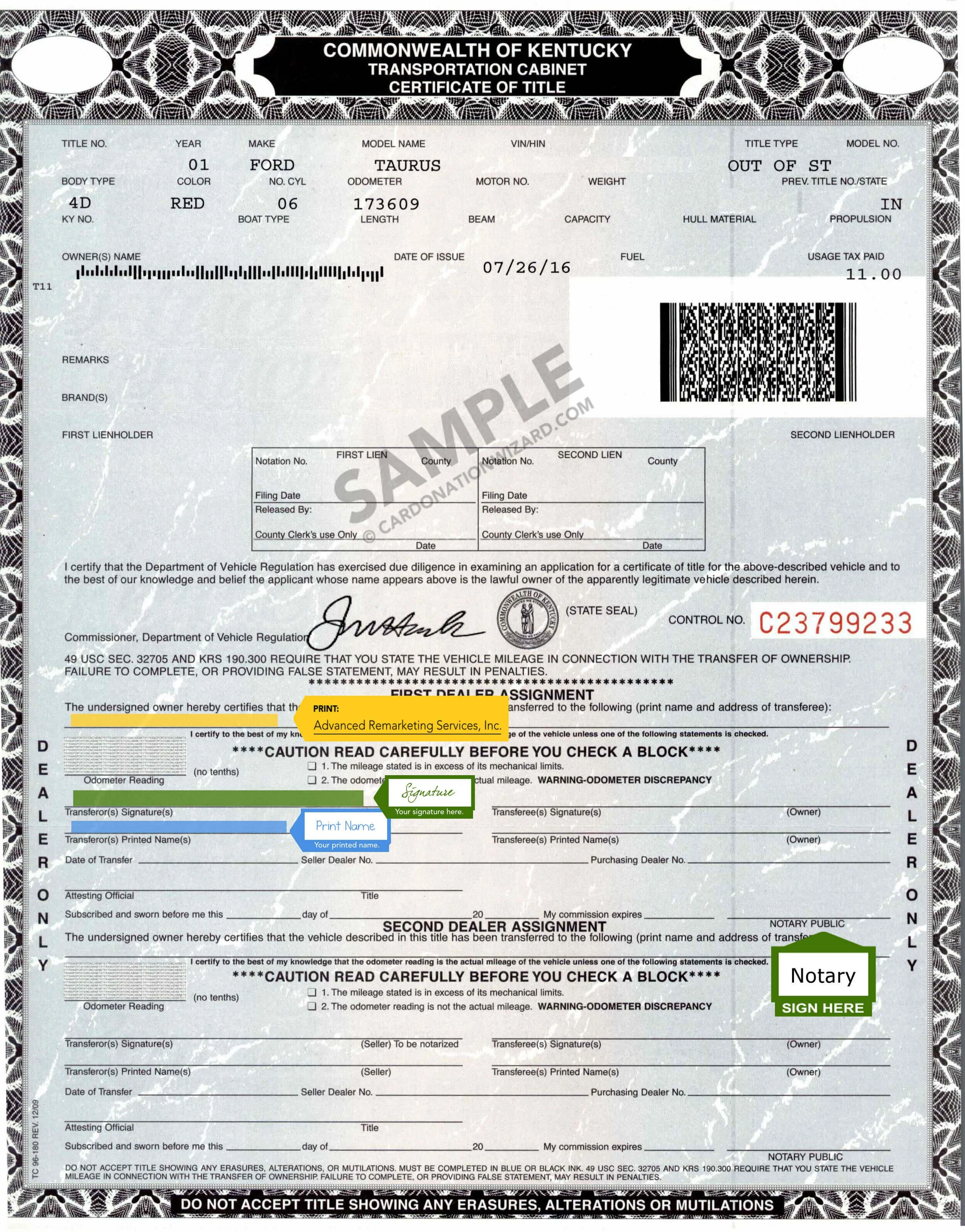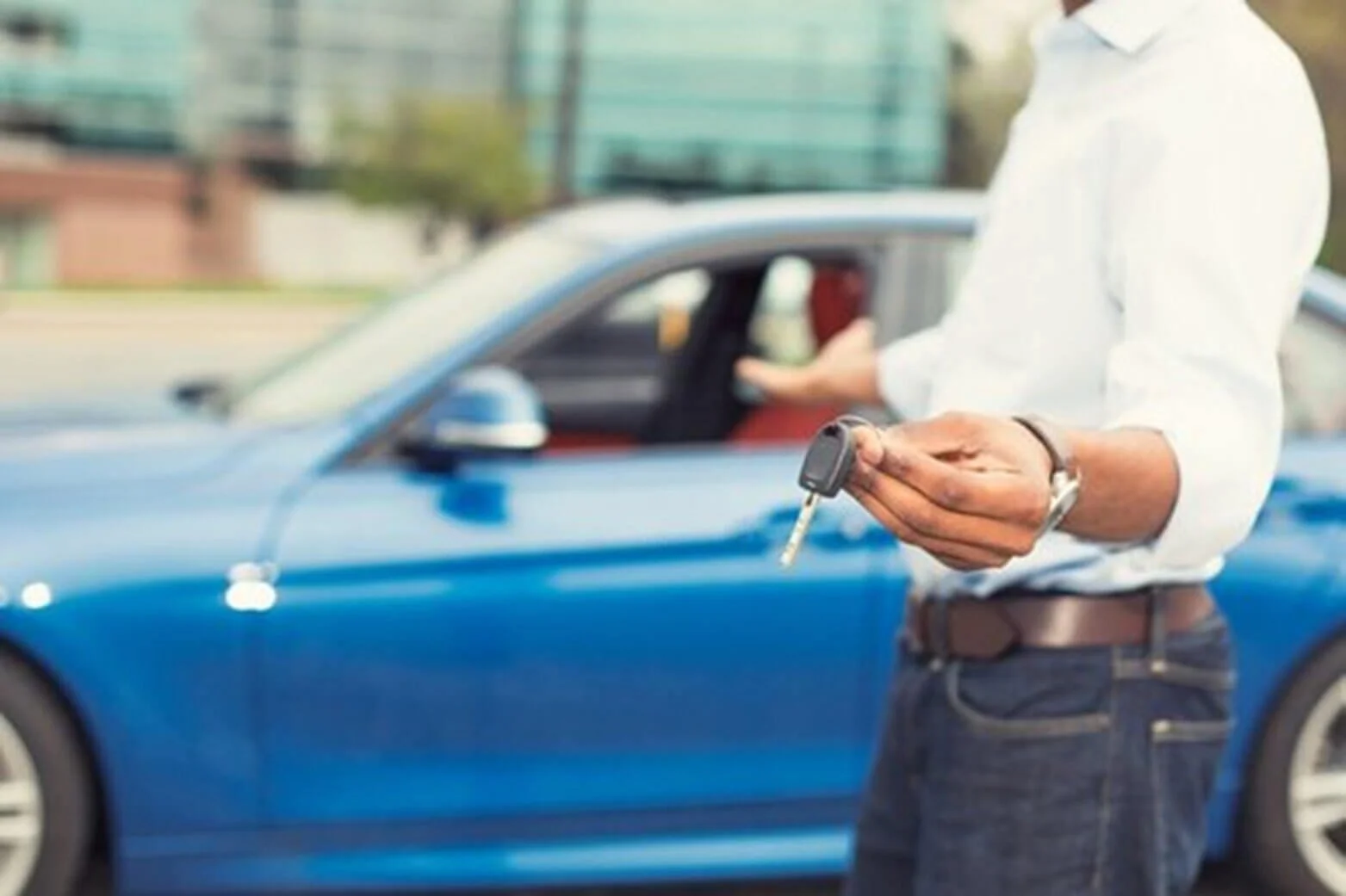It’s no secret that there are many ways you could get ripped off or scammed when buying a car, and one of the most common scams occurring these days is called Curbstoning. While most people have never heard the term, this is something that anyone looking to purchase a car should be aware of.
What is curbstoning? In the world of car scams, Curbstoning is when a car dealership sells a vehicle directly to a buyer off the books to avoid paying taxes and fees or to skirt limitations on the number of vehicles sold in a year. This process is illegal in some states, but regardless of legality, curbstoning is scam and those sellers should be avoided.
Each state has different laws about how many cars you can sell in a year before you need a dealer’s license. The fees are usually nominal, but the background check can be hard to pass if a person has a criminal record. Because there is little oversight into these laws, many car dealers get away with selling from the curb or empty parking lots without identifying themselves as a dealer, hence the phrase Curbstoning.
The best way to avoid a curbstoning scam is by performing a cursory VIN Check before buying the car in question. Match the facts on the VIN Check to the facts presented by the seller to ensure everything is on the up and up.
What Does a Curbstoning Scam Look Like?
You are in the market for a used car. You’re driving to work one day when you see a decent-looking car for sale in a store’s parking lot. You stop, take a look at it and call the number. The owner meets you and is personable. Everything seems to go smoothly. You strike a deal with them and prepare to give them the cash. Then, one of these strange things happens:
They pull out the title and someone else’s name is on it
The title lists the dealership’s name as “Seller”
You are asked to follow them to a local dealership where one of their “friends” will help with the paperwork
One of two things just happened:
Either you did business with a dealer who didn’t want to be known for who they really were, or:
You bought from someone that should legally be considered a dealer but is skirting the line intentionally - that’s a curbstoner.
The same thing could happen on eBay, Craigslist, or any other website – a dealership poses as a normal person selling a car. You have to ask yourself, if the seller is actually a licensed dealer, why are they posing as a normal person? Why are they advertising the car as such? You have to wonder why a licensed dealer would ever get involved in selling a car from the curb or parking lot when they have an entire lot to use and a business license to boot.
Why Would a Dealer Get Involved in Curbstoning?
For starters, many people feel at ease buying a car privately and won’t walk into a car dealer to get their next vehicle. Many people aren’t going to feel comfortable with a salesman out to sell them a used car. When they think the seller is a regular person like them, it helps them to appear as equals.
Additionally, in some states, curbstoning is not illegal when performed by a car dealer. Regardless of legality, curbstoning is a scam. Major auction sites like eBay struggle with combating this. They will suspend a user’s account if they find curbstoning, but typically those sellers create new accounts to continue abusing the system.
Of course, any car dealers that participate in this scheme aren’t reliable or trustworthy and are undeserving of your hard-earned business, so steer clear if you spot a curbstoner: things might be worse than they look.
Could the Seller Have Ulterior Motives?
Car buying from unlicensed dealers (curbstoners) puts you at risk for many scams, including:
Buying a vehicle with a rolled-back odometer
Buying a stolen vehicle
Finding undisclosed damage or botched repairs
Getting stuck with an active loan or lien
Receiving a title with unexpected conditions like Salvage or Junk
Buying a car which was earmarked as Export Only or otherwise cannot be registered
Curbstoning opens the door for these scams because a private party has a very different liability than a dealership. Not only that, a private party can disappear a lot easier than a dealership can, and if the seller is already lying about their dealership affiliation it’s not farfetched to think they could also be falsifying their identity or planning to scam you in one of the ways listed above.
Proactive Steps to Avoid Curbstoning
The best thing you can do to avoid a curbstoning scam is to perform a VIN Check on the car to ensure everything checks out. No matter where you purchase your car from, a detailed VIN check will inform you of the facts and alert you to rolled-back odometers, salvage titles or title liens that could come back to bite you later.
To further protect yourself while buying a car, we have put together some helpful tips for you.
1. Purchase from a Reputable Dealership
The best way to get around curbstoning is to buy your vehicle from – and physically at – a trusted dealership. Established dealerships have paid for the right to sell cars. They have insurance, permits and licenses plus they maintain a facility. That’s why they go the extra mile to ensure your happiness – they have to keep the lights on, after all!
Sure, you may pay more for the car, but you get at least some sort of guarantee when the sale is over. On top of that, a dealer won’t sell you a car that has a salvage title or one with an existing lien without disclosing those facts upfront. A scammer will.
Online dealerships are great as well, but the prevalence of scams and fake ads has led dealerships to pose as private parties online. The best way to thwart this is to investigate the seller as thoroughly as possible.
2. Investigate the Seller
The Internet should become your best friend as you shop for a used car. The Internet is probably where you found the car for sale in the first place; it’s become the modern equivalent of putting a car in a parking lot with a sign. Thankfully, the Internet is also the best way to protect yourself.
Start by searching the seller’s e-mail address and phone number. If you’re savvy, do a reverse image search for the car in question. If that information brings up multiple vehicles for sale, you might want to look for a different car. If it only brings up that one car listed at that one time and place, you might be working with a reliable private owner and not a dealer in disguise.
If you notice that several ads look the same online, give all the numbers a call and make sure you aren’t talking to the same person. It’s easy for a seller to use multiple phone numbers and fake names to fly under the radar.
Another warning sign is if they ask what vehicle you’re talking about when you call. Don’t offer that information; simply say something like, “I would like to ask about the car you have for sale” to root out curbstoners.
3. Gather Some Evidence
Before you meet with the seller and inspect the vehicle, ask these questions:
How long have you had the vehicle?
Do you have maintenance records?
Why are you selling it?
Has it ever been in an accident?
Is your name on the title?
These questions help to establish ownership and get a clearer picture of the history.
Be wary of anyone selling the car “for a family member” or “for a friend.” Of course, some families simply use one person who understands cars to handle this process, but just remember a curbstoner might try this approach.
4. Champion Your Safety
Before turning over any money, you need to think about your safety. One of the biggest concerns with curbstoning is that unsafe vehicles are being sold without warning. Read through the VIN Check carefully, looking for any signs of accidents, damages or repairs. You’ll also want a certified mechanic to do a Pre-Purchase Inspection before you buy the car.
If You Are the Victim of Curbstoning…
If you purchased a vehicle from a dealer that posed as a private seller, as a victim of curbstoning you may be entitled to bring legal action against the seller and attempt to get your money back. We would encourage you to gather the information you have about the seller, then talk with your attorney about your rights and get guidance on how to proceed and what your options are.
Don’t Be a Curbstoner: Offer Peace of Mind
If you plan to sell your vehicle, knowing this information makes you a better person to work with. To ease the mind of your buyer, make sure you have the following items for them:
Maintenance records
A title with your name that matches your driver’s license
Following these easy steps will make the car buying process better for everyone involved and reduce the risk of losing customers from fear of curbstoning.
How Do I Find Out About Curbstoning and Other Scams?
The best way to find out about the existence of car title liens is with a detailed WIN check. This document can reveal the presence of any loans or liens in your car’s history. Dirt Legal can also acquire new titles and license plates for just about anything with wheels. Bookmark our services now in case you need them later.
If you are concerned something is wrong with a car title, whether it came from a dealership or a private party, Dirt Legal is here to help. We have walked through this process countless times with other satisfied customers and we know how to get the job done right. Please don’t hesitate to contact us with any questions you may have.
We are not attorneys. This article is not legal advice. Cover image source















We have so many more vehicle purchasing options than we used to! All these choices may lead you to your dream vehicle, but they also might lead you to a cloned vehicle if you aren’t careful. Read on for shocking and true stories of this surprisingly simple scam tactic and how to avoid it when you are looking for your next ride.